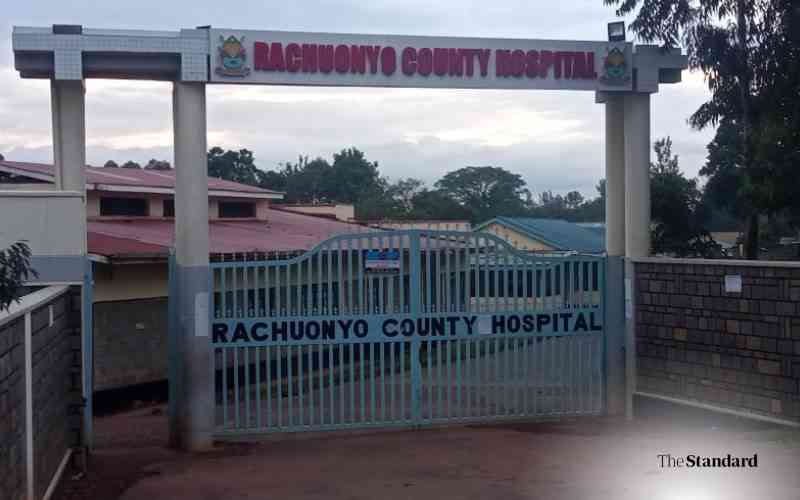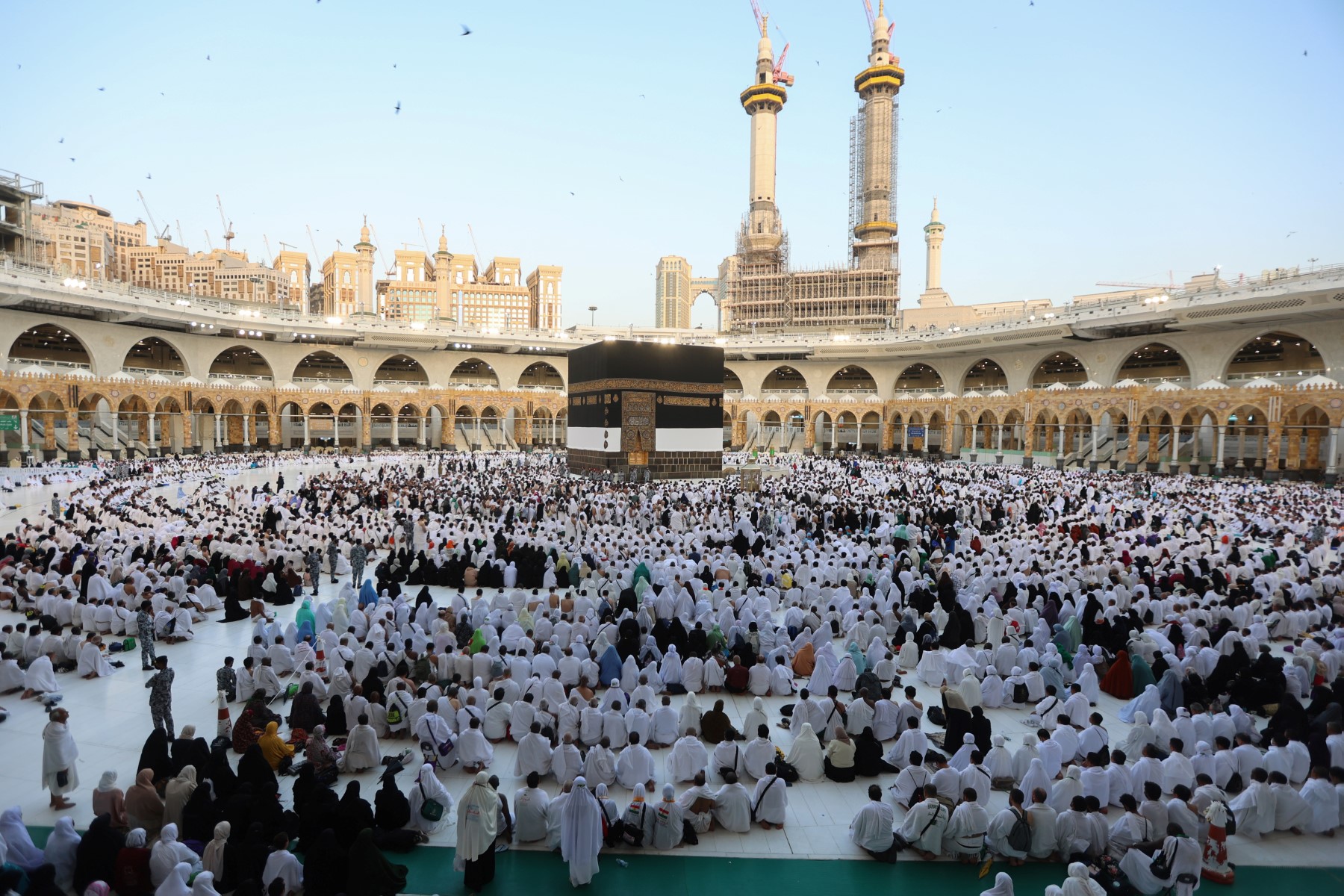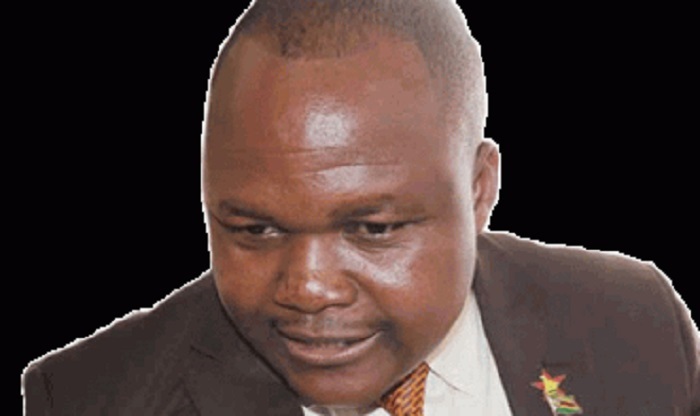You're Not Above The Law: Warning On Harassment, Obstruction In Nigeria's Estate Communities By Daniel Okonkwo | Sahara Reporters
More frequently, artisans, mechanics, and resident business operators establish unauthorized operations near or within estates. This often leads to blocked driveways, noise pollution, and improper waste disposal—including condemned spare parts and hazardous fluids. These activities not only undermine the safety and aesthetics of estate environments but also infringe on the constitutional and legal rights of residents.
Across Nigeria’s estate communities, there is a rising concern over unchecked harassment, obstruction of private access ways, encroachment, and environmental abuse. These actions, often perpetrated by individuals who operate informally within or around residential estates, pose significant legal, environmental, and social risks to the integrity of communal living.
More frequently, artisans, mechanics, and resident business operators establish unauthorized operations near or within estates. This often leads to blocked driveways, noise pollution, and improper waste disposal—including condemned spare parts and hazardous fluids. These activities not only undermine the safety and aesthetics of estate environments but also infringe on the constitutional and legal rights of residents.
These challenges must no longer be treated as isolated incidents. They are systemic issues with legal consequences—and addressing them is vital to preserving order and protecting the rights of law-abiding citizens.
Constitutional Right to Property (Section 43, 1999 Constitution of Nigeria)
Every Nigerian has the inalienable right to acquire and own immovable property anywhere in the country. Continuous and intentional obstruction of a residence or community space violates this right and may attract civil and criminal consequences.
Public Nuisance and Environmental Abuse (Section 234, Criminal Code Act)
The indiscriminate disposal of waste—engine oil, auto parts, or building debris—in residential zones constitutes a public nuisance. This practice endangers health, damages property, and violates environmental regulations under the jurisdiction of appropriate agencies.
Threats, Harassment, and Assault (Sections 86 and 351, Criminal Code Act)
Acts of intimidation, threats, or verbal abuse directed at residents—especially those who demand adherence to community rules—are criminal offenses. Victims of such behavior have the right to report incidents and seek legal redress.
Estate associations, security committees, residents' welfare groups, and regulatory authorities must act in unison to ensure these violations are not normalized. The failure to enforce laws or take action against repeat offenders creates an enabling environment for impunity.
Strict Parking and Access Control
Estates should enact and enforce parking regulations that prevent obstruction of driveways and communal access roads. Violators must be penalized through fines, service suspension, or, where necessary, removal from the premises.
Environmental Oversight
Regular inspections, in collaboration with environmental protection agencies, must be conducted to ensure compliance with waste management standards. Offenders should be fined or prosecuted under applicable laws.
Legal Action and Police Intervention
Residents experiencing threats or harassment must report such incidents to the nearest police division. The Nigeria Police Force is authorized to investigate and prosecute these matters under criminal law.
Sensitization and Civic Engagement
Ongoing education and dialogue are essential. Estates should host periodic town halls or workshops to inform residents and service providers about their responsibilities and the legal boundaries of estate operations.
Domestic violence and exploitation must not be tolerated. Estate living also demands vigilance against domestic violence, child exploitation, and forced servitude—issues often hidden behind closed doors but with profound legal and moral implications.
Domestic violence includes physical, sexual, emotional, economic, or psychological abuse. Any action or threat that intimidates, terrorizes, manipulates, humiliates, injures, or wounds another person constitutes domestic violence.
A landlord whose tenant dies from domestic violence could find their property treated as a crime scene, with legal and reputational consequences. Neighbors and estate committees must report suspicious or violent behavior to the appropriate authorities.
Furthermore, harboring children for exploitation or domestic servitude is a criminal offense. This includes forcing children to clean, cook, wash cars, or work in environments like factories, farms, restaurants, and nail bars.
Parents must stop giving out their children as “house helps.” Many recipients of such children are irresponsible and abusive, turning minors into modern-day slaves. Children under 10 years old should not be seen washing cars or performing heavy chores.
Silence is complicity. Neighbors must report these violations. Law enforcement and child protection agencies must act swiftly to prevent long-term harm.
It is a dangerous misconception that wealth, influence, or police familiarity can exempt individuals from the rule of law. No resident or service provider—regardless of economic standing or social connections—is above the Constitution. The law does not acknowledge financial superiority; it acknowledges truth and justice.
Assertions that one’s neighbors lack the financial resources to challenge injustice are contemptuous and irrelevant. The law does not serve only the wealthy. If it is established that anyone is using their resources, affiliations, or power to harass or intimidate others, such conduct must be met with appropriate legal consequences. The prisons of this country and others are home to individuals from all walks of life—including the wealthy and influential.
Organizations like Profiles International Human Rights Advocate remain committed to defending those whose rights are violated under the guise of status or intimidation. Cases that fail to receive local redress may be escalated to national and international human rights bodies to ensure accountability and enforcement. Legal processes will be initiated where necessary, and appropriate petitions will be submitted to ensure that justice prevails.
The rule of law must not be sacrificed for familiarity, influence, or commercial convenience. Estate living must be defined by dignity, respect for others, and adherence to the law. Every resident of Nigeria—irrespective of their social or economic standing—deserves to live in peace, safety, and certainty that their rights will be protected.
The law protects. But it also punishes.
Daniel Okonkwo is the founder of Profiles International Human Rights Advocate. He is an internationally recognized journalist and seasoned human rights advocate, celebrated for his relentless efforts in defending the rights of the less privileged. With over one thousand published articles, Okonkwo has carved a respected niche in investigative reporting and legal commentary. His voice continues to echo globally in the pursuit of justice, equality, and human dignity.













